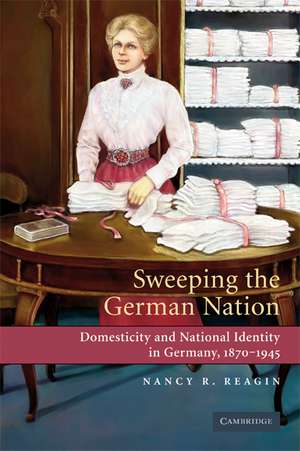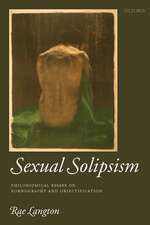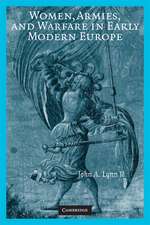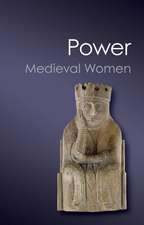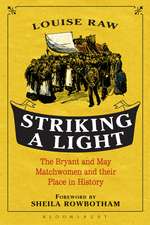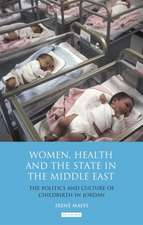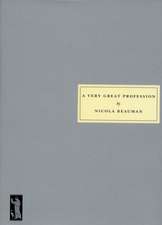Sweeping the German Nation: Domesticity and National Identity in Germany, 1870-1945
Autor Nancy R. Reaginen Limba Engleză Paperback – 5 oct 2008
| Toate formatele și edițiile | Preț | Express |
|---|---|---|
| Paperback (1) | 327.27 lei 6-8 săpt. | |
| Cambridge University Press – 5 oct 2008 | 327.27 lei 6-8 săpt. | |
| Hardback (1) | 678.83 lei 6-8 săpt. | |
| Cambridge University Press – 8 oct 2006 | 678.83 lei 6-8 săpt. |
Preț: 327.27 lei
Nou
Puncte Express: 491
Preț estimativ în valută:
62.65€ • 65.12$ • 51.95£
62.65€ • 65.12$ • 51.95£
Carte tipărită la comandă
Livrare economică 07-21 februarie 25
Preluare comenzi: 021 569.72.76
Specificații
ISBN-13: 9780521744157
ISBN-10: 0521744156
Pagini: 262
Dimensiuni: 152 x 229 x 15 mm
Greutate: 0.36 kg
Editura: Cambridge University Press
Colecția Cambridge University Press
Locul publicării:New York, United States
ISBN-10: 0521744156
Pagini: 262
Dimensiuni: 152 x 229 x 15 mm
Greutate: 0.36 kg
Editura: Cambridge University Press
Colecția Cambridge University Press
Locul publicării:New York, United States
Cuprins
1. The habitus of domesticity; 2. Domesticity and German national character; 3. The politicization of housework; 4. Domesticity and Volksgemeinschaft; 5. Ersatz, whole grain, or homemade: Autarkic households and the four year plan; 6. Domesticity and 'Germanization' in occupied Poland.
Recenzii
'In this absorbing and informative book, the author analyzes the development of an understanding of domesticity that linked alleged qualities of housework, a private activity, to Germanness, a pubic identity.' The Historian
Notă biografică
Descriere
This book explores the relationship between gender roles, domesticity, and German national identity between 1870–1945.
